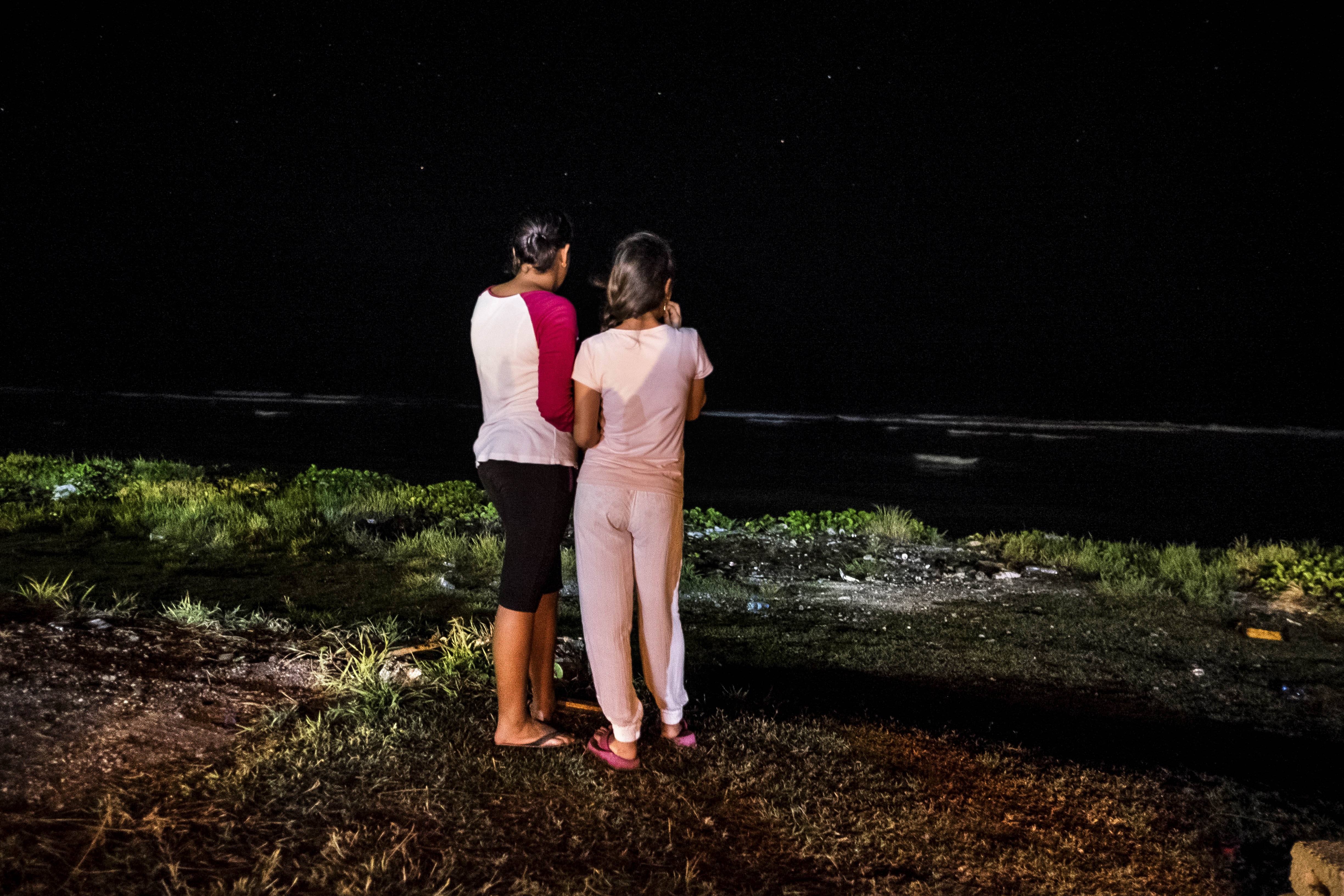UNHCR troubled by new Australia-PNG asylum agreement
UNHCR troubled by new Australia-PNG asylum agreement

GENEVA, 26 August (UNHCR) - The UN refugee agency said on Friday that a review of Australian measures for asylum-seekers arriving by boat announced this month had raised serious protection questions.
While praising aspects of Australia's refugee programme and acknowledging the complexity of dealing with these dangerous sea journeys, UNHCR spokesperson Melissa Fleming said the refugee agency was troubled by the arrangement announced on 19 July under which Australia will move asylum-seekers to Papua New Guinea (PNG).
"We recognize that these measures take place against a backdrop of rising arrivals by people taking exploitative, dangerous sea journeys - including disturbing numbers of families, unaccompanied children and other vulnerable individuals," Fleming said.
She said UNHCR shared Australian concern at the danger of these journeys, and its commitment to addressing the complex challenges posed for Australia and other countries in the region. She thanked search-and-rescue authorities in Australia and Indonesia for ensuring more lives are not lost. UNHCR also noted Australia's generosity in resettling refugees to third countries.
"With regard to the new measures, UNHCR is troubled by the current absence of adequate protection standards and safeguards for asylum seekers and refugees in Papua New Guinea," Fleming said. "Australia's Regional Resettlement Arrangement (RRA) with the government of PNG raises serious, and so far unanswered, protection questions."
After visits to PNG, UNHCR concluded there are significant shortcomings in the legal framework for receiving and processing asylum-seekers from Australia. These include a lack of national capacity and expertise in processing, and poor physical conditions within open-ended, mandatory and arbitrary detention settings. This can be harmful to the physical and psycho-social well-being of transferees, particularly families and children, the UNHCR spokesperson said.
While UNHCR understands that a number of issues are being addressed, it is concerned at the prospect of further transfers under the new RRA in the absence of appropriate protection guarantees and to what will remain temporary facilities on Manus Island for the foreseeable future.
The arrangement also envisages permanent settlement for recognized refugees in PNG without any prospect of resettlement to Australia. From UNHCR's first-hand experience in supporting Melanesian and non-Melanesian refugees for nearly 30 years, it is clear that sustainable integration of non-Melanesian refugees in the socio-economic and cultural life of PNG will raise formidable challenges and protection questions.
"UNHCR considers that, in the context of transfer arrangements, Australia maintains a shared responsibility with PNG to ensure appropriate legal standards. These need to include access to sustainable durable solutions in Australia itself," Fleming said.
"As a principle, UNHCR always advocates for countries to grant protection within their own territory, regardless of how they have arrived."
UNHCR has consulted over the past week with Australian government representatives in Geneva and Canberra, and continues to discuss with both Australia and PNG the very significant policy, legal and operational challenges in ensuring proper protection for all asylum-seekers and refugees affected by the RRA.
"Overall, UNHCR believes that greater cooperative efforts need to be found to address the complex challenges of irregular maritime movements," said Fleming. "The focus must remain on finding ways that complement - rather than undermine - national asylum systems built on the fundamental principles of the 1951 Refugee Convention. This is important for the countries involved, for the global asylum system, and for all those in need of international protection."
Regional resettlement arrangement between Australia and Papua New Guinea







